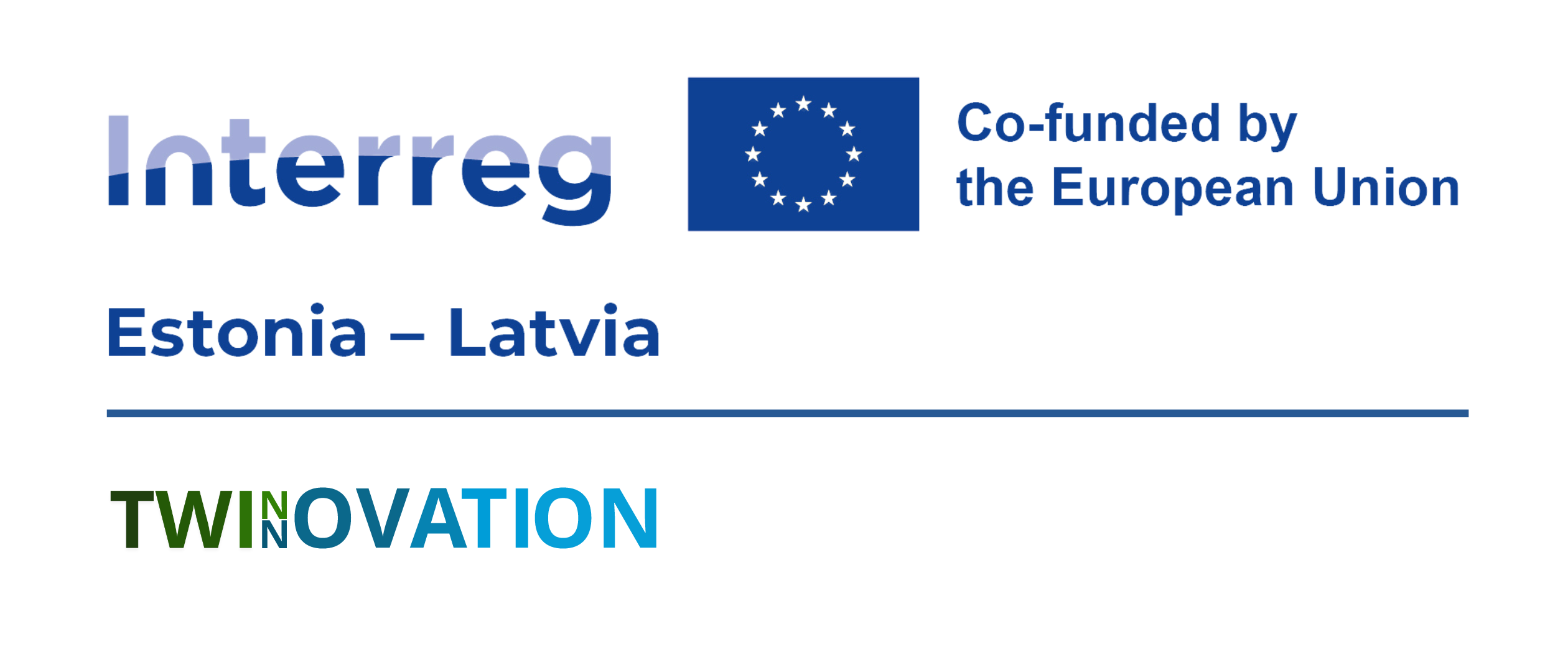What is twin transition, and how does it help businesses?
The twin transition, commonly referred to as the digital and green transition, is an increasingly important topic in modern business, influencing the sustainability and competitiveness of companies. The digital transition involves the adoption of new technologies and digital solutions to enhance efficiency and foster innovation. The green transition, on the other hand, focuses on implementing environmentally friendly and sustainable solutions, helping businesses reduce their ecological footprint and move towards a circular economy. These two transitions intersect as digitalization and smarter data often drive or amplify environmental sustainability efforts.
Thinking about the twin transition is becoming more crucial for companies as, in addition to societal expectations, stricter environmental regulations are being introduced. The digital and green transition enables businesses to adapt to these changes and offer innovative and environmentally friendly solutions to consumers. However, for small and medium-sized enterprises (SMEs), it is often challenging to find a clear starting point or understand how these changes, especially when larger investments are required, could specifically benefit them.
The Twinnovation project was launched a year ago to address these challenges and strengthen cross-border cooperation. Its goal is to support Estonian and Latvian companies in navigating complex transitions by providing training, individual support, and opportunities to test new solutions through pilot projects. Participating companies have developed twin transition action plans that outline step-by-step strategies for implementing the digital and green transition. The project’s training and mentoring activities further support this process, helping businesses better understand how technological and sustainable solutions can positively impact their operations.
One of the project participants noted: “This project has completely shifted our focus. It has made us think much more about the environmental impact of our activities. We are already paying greater attention to innovation and sustainability. After the project, we expect to have a much deeper understanding of environmental protection and technological innovations.”
Twinnovation project leader Mart Veliste added: “The past 12 months have been incredibly insightful. The entire consortium has gained a deeper understanding of the nuances of the twin transition. I’ve been especially inspired to see how small companies in Latvia and Estonia are actively taking steps towards improved environmental practices. I would highlight the twin transition action plans developed as part of the project. These plans, with their structured guidance, have helped businesses take a holistic look at themselves and identify areas where steps toward digitalization and sustainability are necessary.”
The first results show how vital it is to provide businesses with personalized and practical support. For many, the digital and green transition has seemed like a complex and abstract concept, but with the help of the Twinnovation project, companies have gained clear guidance, new perspectives, and encouragement. Cross-border cooperation allows participants to learn from each other’s experiences and discover inspiring and innovative solutions.
The project is funded by the INTERREG Estonia-Latvia Cross-border Cooperation Programme 2021–2027 (ERDF). More information about the programme: https://estlat.eu/en.


